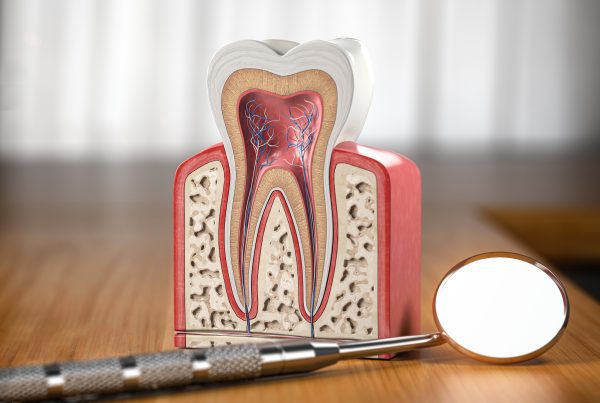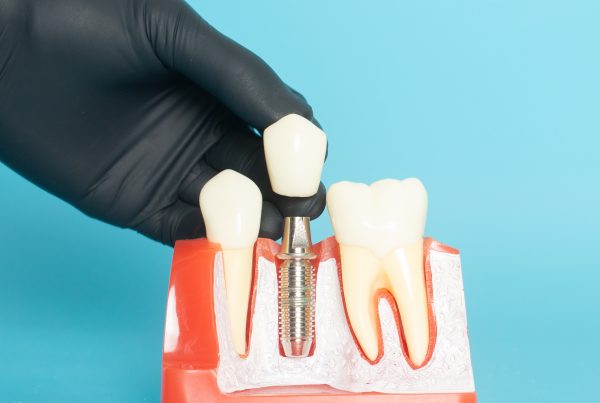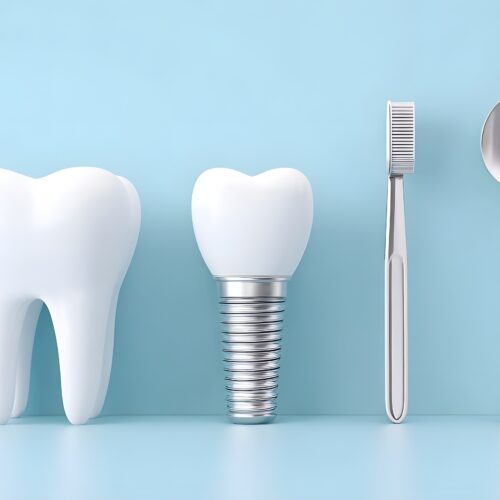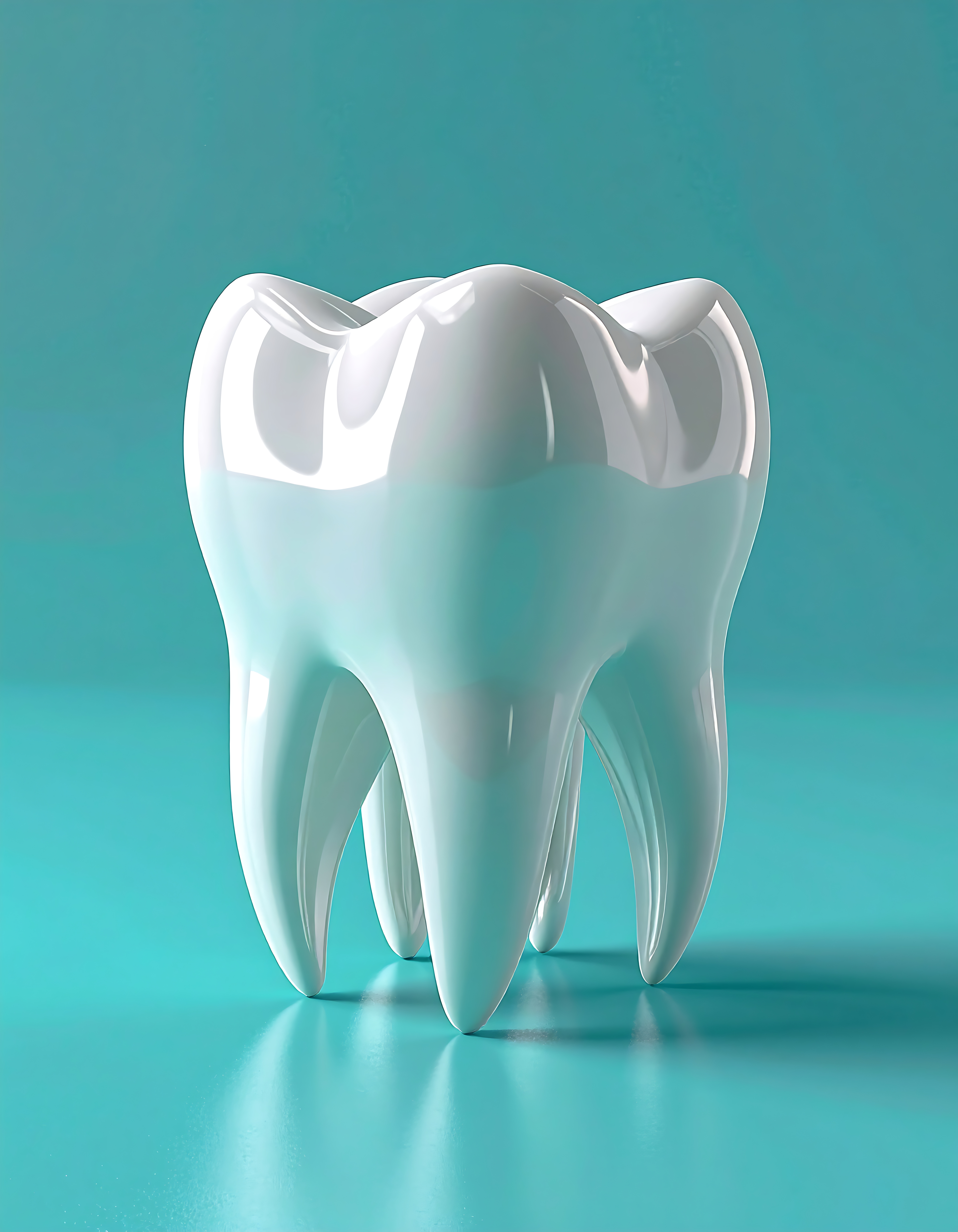Have A Toothache?
A toothache can be excruciating and disruptive, often striking at the most inconvenient times. Whether it’s a dull ache or sharp, throbbing pain, understanding how to manage dental discomfort effectively can help you get through the situation until professional care is available. While these methods provide temporary relief, they’re essential for maintaining your comfort and preventing the condition from worsening.

Immediate Pain Management
Start with over-the-counter pain relievers like ibuprofen or acetaminophen, following package directions carefully. Ibuprofen is particularly effective for dental pain because it reduces inflammation around the affected tooth and surrounding tissues. Take the medication at regular intervals as directed, rather than waiting for pain to return. Apply a cold compress to the outside of your cheek for 15-20 minutes at a time, then remove for 10 minutes before reapplying. This helps numb the area and reduce swelling. Avoid placing ice directly on the skin, and instead wrap it in a thin towel. If cold worsens the pain, try a warm compress instead, as some dental conditions respond better to heat.
The difference
Home Care Remedies
Rinse your mouth gently with warm salt water several times daily to reduce bacteria and inflammation. Mix half a teaspoon of salt in a cup of warm water for the most effective solution. Swish the mixture around the affected area for 30 seconds before spitting it out. Avoid extremely hot or cold foods and beverages, which can trigger sharp pain and sensitivity. When eating, chew carefully on the opposite side of your mouth to avoid putting pressure on the sensitive tooth. Keep your head elevated when sleeping using an extra pillow to reduce blood flow to the affected area, which can help minimize throbbing pain. Consider using an antiseptic mouthwash to help reduce bacteria around the tooth.

When to Seek Professional Help
Contact your dentist as soon as possible, even if home remedies provide temporary relief. Toothaches often indicate serious underlying issues like cavities, infections, or abscesses that require professional treatment. Don’t delay seeking care, as dental problems typically worsen over time. If you experience severe pain that doesn’t respond to medication, facial swelling, fever, or difficulty swallowing, seek emergency dental care immediately. These symptoms may indicate a spreading infection that could become life-threatening without prompt treatment.









https://shorturl.fm/sEZmC
https://shorturl.fm/3pWWZ
https://shorturl.fm/zLFGC
https://shorturl.fm/ZccWP
https://shorturl.fm/tlycu
https://shorturl.fm/XnnGR
https://shorturl.fm/2nrZE